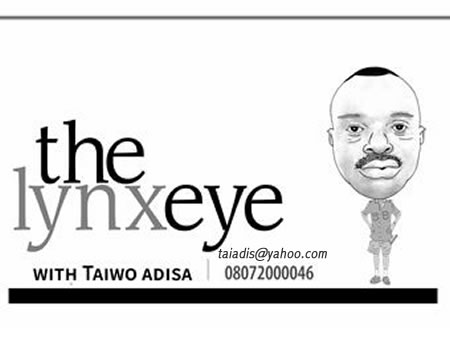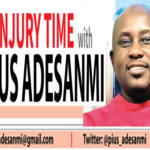The National Peace Committee being led by former Head of State, General Abdusalami Abubakar and Bishop Hassan Mathew Kukah, made good its promise of ensuring that the candidates for the 2019 presidential election commit to a peace deal last week when it called out the candidates to sign the historic accord.
2019: PDP unveils Makinde’s deputy, as Akinjide, other leaders preach unity
It is a welcome development to see political combatants commit to peace in the electoral process. It was highly welcome in 2015 when the same Peace Committee announced the signing of the accord by the two leading candidates of that election, then President Goodluck Jonathan and the then Presidential candidate of the All Progressives Congress (APC), General Muhammadu Buhari (rtd).
Since it pulled through that feat, the National Peace Committee has become a household name so to say. The tension ahead of the 2015 election was visible to the eyes. It put the nation on the edge, especially following threats of a parallel government by the opposition APC, if the election was rigged and the insistence of the then ruling party, the Peoples Democratic Party (PDP) to coast home to victory. Not even the repeated refrains of “my ambition is not worth the blood of any Nigerian” by then President Jonathan would douse the tension.
But the accord signing was a bit blighted by the failure of the organisers to get the candidate of PDP, Atiku Abubakar to the venue the same day with Buhari. Regardless of the excuses here and there, I think that the organisers should have maintained direct touch with Buhari, Atiku, and Oby Ezekwesili. The committee would have allowed Nigerians the benefit of a historic embrace by the two leading candidates.
The accord, a five-point deal, commits the candidates to “to run issue-based campaigns at national, state and local government levels; refrain from making statements capable of inciting the electorate; commit to adherence to the National Peace accord; support all the institutions of government including INEC and security agencies to act and be seen to act with impartiality; and to forcefully and publicly speak out against provocative utterances and oppose all acts of electoral violence.
President Buhari, who spoke at the venue, said that the world is watching Nigerians in the build-up to that election. He said: “The conduct of our elections has been consistently marred by violence caused by thebehaviours of most sections of the political class and their supporters, but there are encouraging signs that we are learning to embrace the responsibilities expected of us.
“We are here to commit ourselves, as key actors in the political process; party leaders and presidential candidates, to peaceful and credible conduct of the process. We, the candidates pledge to uphold the highest standard of conducts and encourage our teeming supporters to do same.
“I wish to call on the Independent National Electoral Commission (INEC) and all arms of security agencies to put the nation first in their conduct. The world is watching us and the task of building orinstitutionalising trust in our political system and institution is fundamental to the growth and development of our country.”
The candidate of the PDP, who signed the peace accord a day after Buhari said that his failure to sign the document the same day with other candidates did not invalidate his commitment to peaceful polls.
But beyond the rhetoric of peace accord signing, the parties and their candidates have got to do more. In 2015, we saw a sitting president tell the nation his ambition was not worth the blood of any Nigerian. He also admitted in press interviews that he would pack his bag and go to Otuoke if he lost the election.
So far, the 2019 peace accord process has been devoid of strong words of commitment from the actors and it will do the leaders of the National Peace Committee a world of good if they take steps to ensure that the accord is not reduced to a ceremonial document, whereas some political leaders have signified their intent to work alongside the peace accord, members of their parties have been consistently using words like “evil men,” “evil party” ‘that party would never smell power again’ and such words.
What good would it do the nation if leaders of the political parties commit to the peace accord in one breath only for their supporters to daily circulate fake news and hatred on social media and campaign train?
I have not heard the president or vice-president grant interviews locally. But if they were asked, what they would do if they happen to lose the 2019 election? What would Atiku and Peter Obi also say in answering the same question? I think that besides signing the document, the tempers being exhibited in public discourse should also showcase commitment to peace. The main actors must be ready to win or lose according to the will of Nigerian people.







